In the Beginning

Like me, your first introduction to journaling may have been the countless hours you spent pining away in your diary during those awkward middle school days. I remember my teenage years of sharing my angst and unrequieted crushes with my paper confidant.
Over the years, the idea of journaling has evolved and changed into much more than a simple diary of past times. And if you are hanging around in the spiritual world at all, you will have notices how many spiritual workers advocate it as a growth tool.
For me my journalling practice developed just before my 'A Journey Into Soul' travels. This was a time I felt very stuck, it was some of my darkest times, and I started using some journal prompt from a self help book that I started reading at the time.
The journalling habit continued into those travels, initially only capturing the events of the day with just a few personal thoughts much as my early years had, basically a diary. As my travels continued and I started to reconnect that lost part of me it became my style of journalling todeay where I explored my feelings, captured my insights and inspirations and to explored the awakening that was happening in my life. It helped me through challenges, to capture the light, gratitude and joys and ideas that wanted to grow. It brought mental clarity and clearness by beautifully freeing up my busy headspace so I could be present in the moment.
Journalling is a decluttering my headspace which creates space for the new... new insights, new growth and new space for creativity to blossom.
Why Journal?
Journalling is a powerful tool for soul alignment and growth which is why I am such I strong advocate of it as are many of those into personal and spirtual growth.
Journaling for Self Awareness and Understanding
There were (and still are times) when my emotions are crazy, complicated and confusing and they leave me ungrounded, disconnect with my self love and light and from my source connection and out comes my journal to explore what is going on for me - to bring it into awareness.
If you struggle to understand why you feel or react the ways you do, you might benefit from using a journal. Journaling can help you appropriately identify and express your feelings to increase self-understanding.
Once you bring into awareness and start deal with your feelings rather than hiding or surpressing, you can re-centre yourself and come back to the helm of the the Sacred Vessel of youself rather than being thrown off alignment by the seas of emotions. By simply jotting down what's going on with you and how you feel about it, you can get a handle on your emotions.
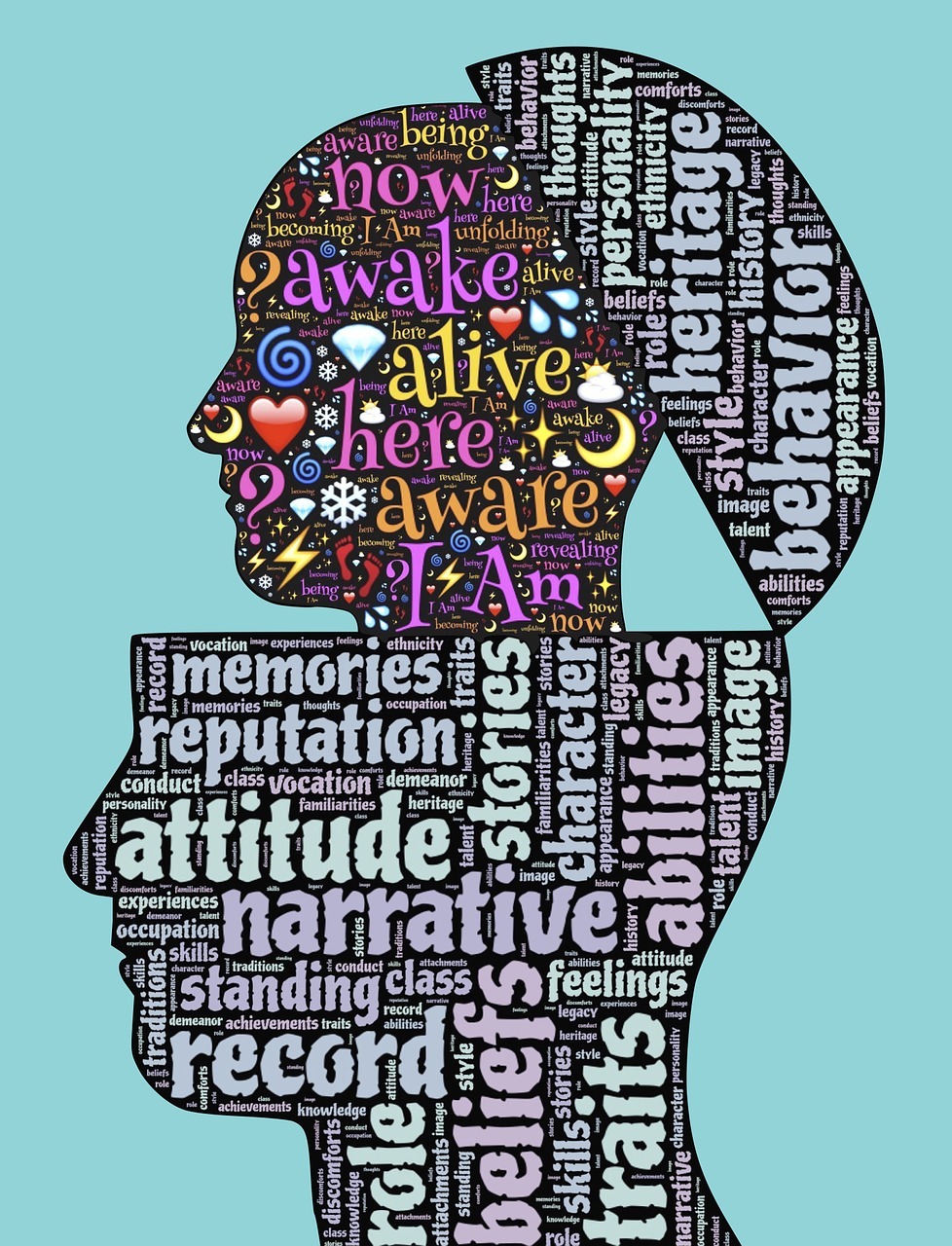
Journaling your Self and Spiritual Growth
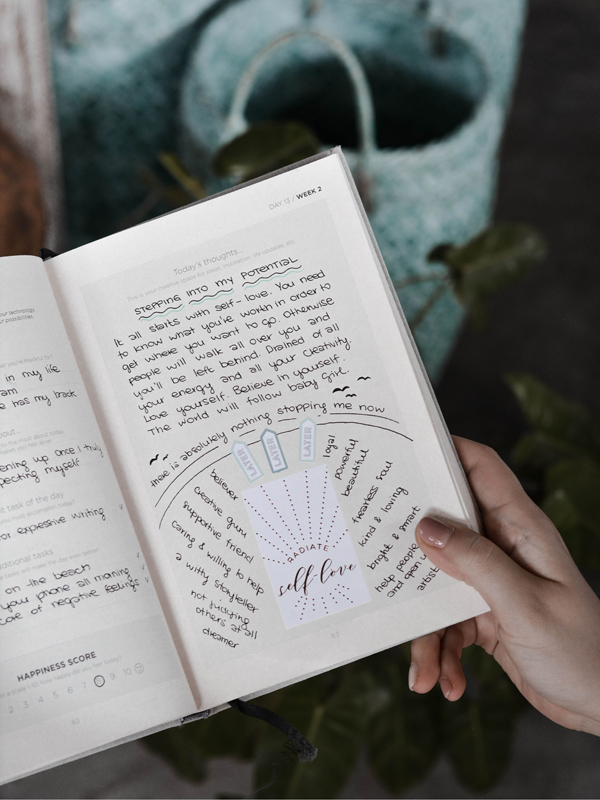
Journaling is a fantastic way to supercharge your self-development and spiritual growth efforts. When your thoughts are still in your mind, they can be challenging to see them clearly for what they are.
Or capture beautiful soulful reminders and learnings to remind you of your potential and where you are heading.
Getting things out of your head and down on paper provides a totally different perspective.
For many of us thinking tends to be very sequential; one thought leads to the next, which leads to the next. We get caught in a linear track and miss out on the bird's-eye view of the whole thought process. With journaling you gain the ability to see things from a third-person view versus a first-person view.
It also helps you seeing repeating patterns or the growth you made. When I look back over some of my journal pages I suddenly see a theme unfolding. Looking back at those pre-travel journalings, I can see how much self judgement and lack of self-love I had for myself then compared to now.
And it can show you your progress.
Sometimes we feel like we're spinning our wheels and not making genuine progress. When you're feeling this way, go back and review your old journal entries. You’ll be amazed at how much progress you've made since then. And you’ll also probably realize that you're taking huge strides right now, too!
Soul-ution finding
Journalling can help you solve those difficult challenges. When you write the issue down on paper, the solution for a complex challenge often suddenly becomes obvious. I feel this is because you clear the busy mind channel that can block creativity or soulful guidance from spirit.
Another of the best times to lean on your journal is when you're filled with uncertainty about what action to take. Many things become clearer when you can get them down in writing.
Some helpful tips to start your journaling journey
I want you to know that you can make journaling work for you no matter what your personality or creative style is.
Even if you’re a complete beginner, journaling doesn’t have to be scary it is just about getting started. Here are a few helpful tips to start turning those blank pages into big life changes.
Know Your Why:
The very first step to a successful journaling experience is to know why you want to keep a journal in the first place. Getting clear on this will set the stage for everything that happens once you open your journal to that first blank page. Keep in mind, your why is not going to be the same somebody elses, The reason behind starting this journey is unique to you and it depends on what you expect to get out of it.
- Maybe you want to get more more abudance in your life to help pay off debts and for your freedom lifestyle. You could use your journal to track spending and explore your money mindset.
- You might need a place to brainstorm ideas for a new business or set a 5-year plan for your current one.
No matter what your reasoning is, journaling can assist you along the way. Knowing the why behind it all will help to guide and keep you on track long after you fill in that first blank page.
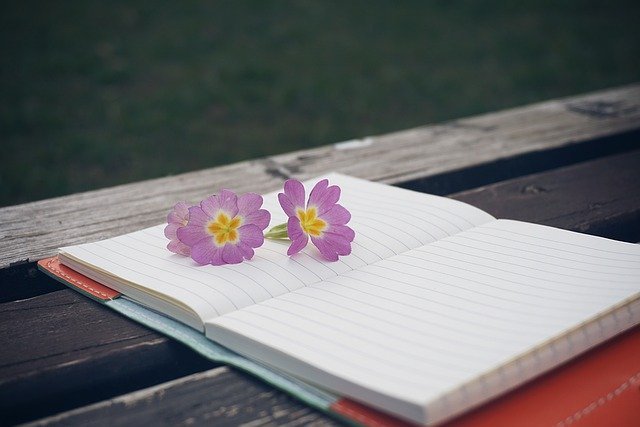
Keep It Simple:
When you first start out, it’s easy to be drawn into the Pinterest world of beautiful journaling layouts, creative artwork and calligraphy, leather bound notebooks, expensive markers and the “oh-so-cute,” must have stickers on Etsy. However, it’s important to be strong and remember not to feel compelled to go all in right at first. Keep it simple. Start with a cheap notebook (or sketchbook), a couple pens and about 10 minutes each day to practice writing as this will help avoid perfectionism (see my next tip).
You’ll be able to experiment and find your journaling style without breaking the bank trying to be fit in with everyone else’s journaling experience. As you grow and learn, you can start to invest in the tools that will allow you to create a journal that perfectly expresses your creativity and unique personality. Just take baby steps at first until you figure that part out.
When I started to journal on my return from my travels I bought a lovely leather bound journal with beautiful paper remains blank until this day as I can quite face making a mistake or using it for the wrong thing!
Let Go of Perfection:
Going hand in hand with number two (Keep it Simple) is letting go of perfection. One of the biggest mistakes you can make when it comes to journaling is feeling the need to be perfect right from the start. Perfectionist tendencies will ruin your experience and keep you stuck on a blank page. Let’s be clear: There is no right or wrong way to do this. Your journaling experience is yours and yours alone and the important thing is that you just start. Who cares if your handwriting isn’t beautiful, or you can’t draw to save your life? Messy action is where all the magic is at – it’s where you gain confidence and clarity about where you’re at and where you want to be. It’s where you learn and grow and challenge yourself to be better. No one is perfect, even if it seems that way sometimes. Letting go of that perfection perception is one of the best things you can do for yourself, in the journaling world and in the grand scheme of life.
Take Your Journal with You (Everywhere):
A great way to ensure that journaling becomes second nature is to take it with you wherever you go. Let’s face it: We all have those moments during our day where we mindlessly scroll social media, wasting time and accomplishing very little. By having your journal handy, you can use those moments for creative exploration, self-reflection or simply to write out a bucket list. It’s easy to find excuses as to why you can’t write or don’t have the time to fit it into your schedule. By carrying your journal with you, you’ll always be able to find a free minute to tackle a sentence or two throughout your busy day. Another perk? When inspiration strikes, you won’t have to wait until you get home to let those creative juices flow.
Make Time for Writing:
If you want the habit to stick, it’s important to make journaling a priority in your schedule. If you don’t set aside some writing time on purpose, it’s going to fall through the cracks and become second to other obligations. This doesn’t mean you have to schedule hours of solitude each day with just a notebook and a pen to keep you company. Simply find 5-10 minutes in your day where you can go someplace quiet and spend time with your own thoughts. Think about your daily routine and see when it would make more sense to carve some time out of your schedule. Maybe the early morning hours are complete chaos, and you need to wait until the kids are tucked in bed before you start writing (Me!). On the flipside, maybe it’s easier for you to find some quiet time as the sun rises and everyone else is asleep (Not me - I recognise I don't do mornings well and soon as I move my youngest wakes so I just end up awake early with a bouncing kid!). No matter if you are a morning person or a night owl, the key is to make journaling a natural part of your daily routine. Only then will you form a long-lasting habit that can help to set you up for future success.
Set Up Your Space:
Journaling is a habit that can be done anywhere and everywhere but when you first start out, it may be helpful to have a designated space for your writing. If you already have a home office, that may be a perfect set up. Otherwise simply choose a spot with a comfortable level of privacy that is free of distraction. Think of your space as a retreat – someplace you can go to get away from the chaos for a few moments and get in touch with your own thoughts. If you sit down to journal and the TV is blaring, kids are arguing and your phone is beeping with constant notifications, you’re probably not going to accomplish much. You can easily claim a corner of your bedroom, a quiet spot on the front porch (weather permitting), or simply a seat at the kitchen table, as your journaling space - provided there are no other distractions clamoring for your attention.
Use Prompts:
The biggest obstacle you’ll face when you first start journaling might be knowing what to write about. Writing prompts can be a helpful guide to get you started. Prompts come in the form of statements or questions that are meant to give you a focused topic to write about and can be used to get those creative juices flowing. Whether you are looking to use your journal for self-reflection and discovery, to manage your emotions or to help you deal with anxiety and stress, prompts are meant to guide you and help bring your thoughts, feelings and emotions to life on paper. What are you grateful for? What is your meal plan for the day? What is your most favorite memory, book, movie? The options are limitless when it comes to writing prompts. Think you don’t have what it takes to be a writer? Think again. Prompts are an easy, surefire way to help you dig deep and find a way to journal your heart out even when you’re at a loss for words.
I have some lovely Sacred Reflection Journals coming soon to my shop to help reflect of various areas of life and business...
One Minute Rule with a dash of Gratitude:
Time or lack of, is one of the many excuses for not maintaining a successful journaling habit. This is where the one-minute rule comes in – it says if something can be done in one minute or less, don’t put it off. Do it NOW. Whether it be doing a load of laundry, taking out the trash, loading or unloading the dishwasher or even journaling, you’re bound to find 60 seconds in the day to commit to these activities. It makes the time factor seem less of a problem when you carve out such a simple, small amount of your day. Plus, it’s much easier to commit to something when you know it’s not going to take time away from any other portion of your schedule. This is a great way to stop procrastinating and start forming new habits that will serve you long into the future.
A journalling habit that can fit into a minute and will serve your long term spiritual growth is Gratitude Journalling. 12 Practical Ways to Practice Gratitude and why I talk about how studies and metaphysics both show gratitude as a tool for Big Change...and it can be done in a minute!
Or pull an Oracle Card and journal the thoughts and insights that it brings.
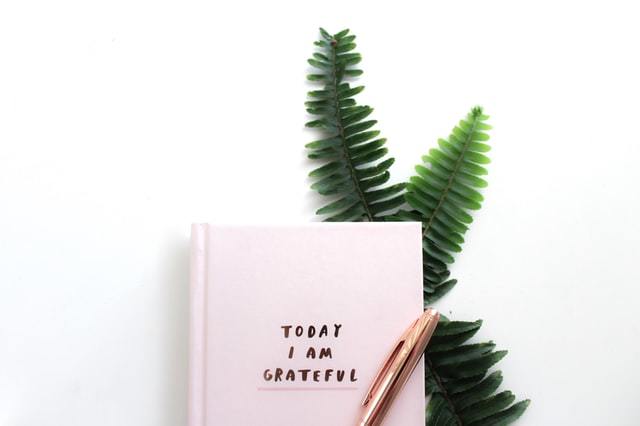
For journaling purposes, it can even be helpful to use a timer, so you know exactly when your minute is up. Once you get into it, you’re most likely going to feel like writing for longer than that. However, the key is to start small and build up over time until it simply feels like just another part of your daily routine.
Track Your Habit:
If you have any intention of forming a journaling habit that’s going to stick, you have to be willing to work at it a little bit every single day, especially in the beginning. A great way to ensure that you stay consistent is to keep a habit tracker and mark off each day after you get done journaling. This super simple task will help keep you motivated, even on those days when you feel like writing is the last thing you want to do. The more you see those checkmarks add up, the more determined you will be to keep the streak alive – because we’re human and it’s super satisfying to make that little mark once we’ve completed our writing for the day. Keeping a habit tracker will allow you to see how far you’ve come over time and can be the key to building and maintaining a successful journaling habit for years to come.
Discover the path of change and transformation
One of the best things about journaling is that there are no certain rules you have to follow. One of my favourite pages is where I wrote about the type of water I was. And then there was the page where I journalled about VW Camper and shortly afterwards one manifested into our lives! So yes it is a powerful manifesting tool as well, at this can make the intangible tangible - the 2-D form and be the bridge to the 3-D.
So maybe you are starting to see that even as a beginner, there is no need to feel intimidated and overwhelmed at the thought of getting started. You can easily create a journaling experience that is unique to you – your wants, needs and personality.
Through self-reflection and discovery, journaling can provide a shift in mindset and perspective that will start you on the path of life-changing transformation. Don’t wait another day to bring life to all those blank pages – you’ll open up a whole new world right at your fingertips.
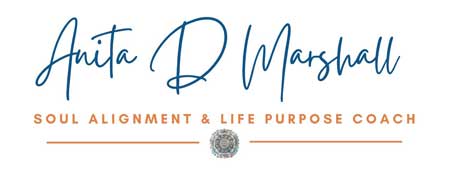
Hello Anita,
Thanks for the advice on journaling and the helpful tip and pointers. I do write a journal, not every day, but maybe a couple of times a week. As a medium and (occasional) psychic I find it useful to concentrate my thoughts and experiences in an ongoing diary format.
One of my interests is genealogy and I’ve spent quite a lot of time researching various relatives (bear with me, I’m getting to the point!) About eighteen months ago, I discovered the story of my cousin David. Like your partner, he too was in the Royal Navy, although he was an Engine Room Artificer, not a submariner. What intrigued and saddened me about his story was that he was only 34 when he took his own life in Portsmouth back in 1967. He’d served one week short of nineteen years in the Navy.
Last summer, I began to get impressions of what David looked like, how he spoke and how he was as a person. People may call this imagination, but the words and phrases I get from him are normally short and direct, totally unlike my usual style (as you can probably tell from this message!) I’ve since discovered, through two photographs, that he did indeed look very much as I “saw” him in my mind’s eye. I’ve written up these various impressions and conversations in a journal, although it’s not been published online. It’s an ongoing project. Reading back through the entries, it’s surprisingly coherent and logical, considering they are written sporadically.
I find that these impressions and conversations between David and I have also strengthened my mediumship and also my confidence in speaking in public, which I do occasionally.
I just thought you might be interested in my take on this topic; I’m not sure if you’ve had any other comments quite like this before! I look forward to reading any comments you may have.
Best regards
Clive